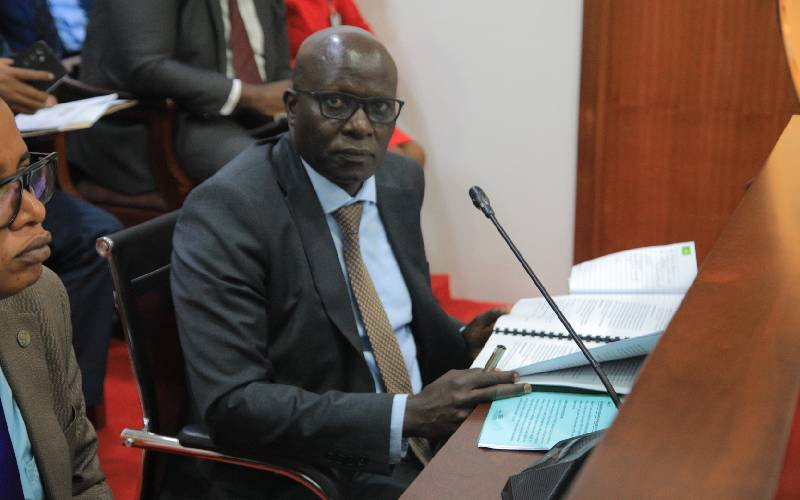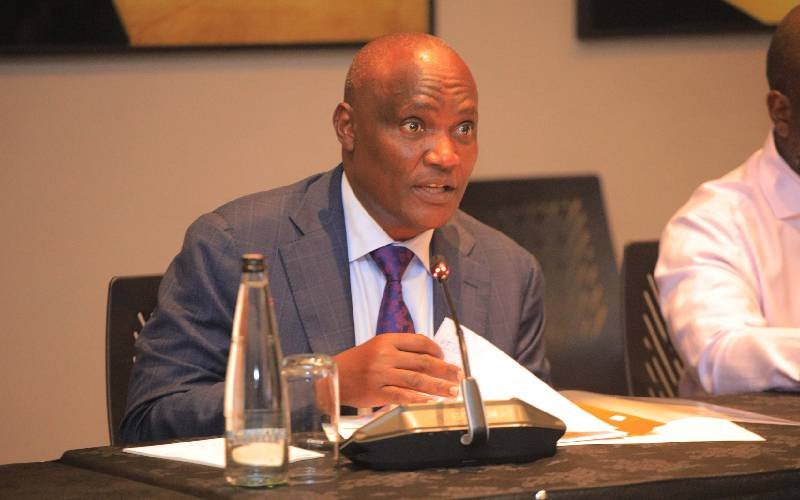×
The Standard e-Paper
Join Thousands Daily

About five years ago, Brian Bera's life took a dramatic turn when he attempted to storm the heavily-guarded State House Nairobi.
The then Jomo Kenyatta University of Agriculture and Technology (JKUAT) student's actions sent shockwaves through the nation, raising questions about mental health and security.







